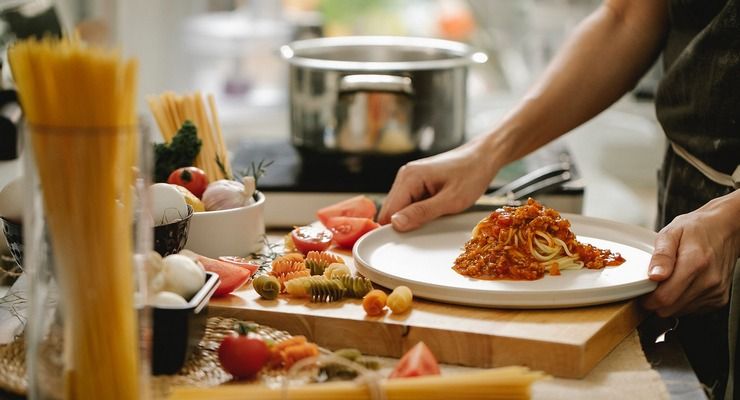
The city’s Economic Development and Technology (EDTech) Committee will consider Tuesday whether to move forward with a program allowing residents to operate small restaurants from their home kitchens.
The committee will review Microenterprise Home Kitchen Operations, known as MEHKOs, during its 5 p.m. meeting in the City Council Chambers. The program would let residents run small-scale restaurants using their private kitchens.
In 2019, California amended the state health code to allow MEHKOs. Cities and counties with local health jurisdictions can choose to authorize the operations through ordinance or resolution.
Under the program, residents could operate restaurants only from their own homes. Each residence would be limited to one MEHKO. Food must be made and served the same day.
Customers could order food onsite, through approved websites or mobile apps. MEHKO employees would handle delivery, but third-party services like DoorDash and Uber Eats would be prohibited except for customers with disabilities.
The operations could serve full meals and alcohol with proper licensing. Raw milk products, raw bottled juice and oysters would be banned.
MEHKOs would face daily and weekly meal limits. Standard operations could serve up to 30 meals daily and up to 90 weekly, with maximum annual gross sales of $107,121 as of January 2025. Those also serving as commissaries could handle 80 daily meals and 200 weekly.
The program would allow up to one full-time equivalent employee. Workers handling food would need Food Handler Cards.
State law prevents cities from requiring re-zoning or imposing restrictions like operating hours. No changes would be needed to occupancy classifications under housing, building or fire codes.
The Pasadena Public Health Department identified potential benefits including providing regulatory pathways for unpermitted vendors and lowering barriers to entrepreneurship. MEHKOs could increase household income, stimulate the local economy and support food security, the department said.
Challenges include health and safety concerns, since inspections would be by appointment only and health standards would be lower in 25 areas compared to other food facilities. Neighborhood impacts could include increased traffic, parking issues and noise.
The department has received an average of two complaints yearly since 2021 about unpermitted home food sales. Six complaints involved sales from home windows, driveways or sidewalks. One complaint reported foodborne illness.
First-year administrative costs would reach $125,000 and increase annually. Permit fees would be set for full cost recovery. Other city department costs remain unknown but would likely increase.
The state offers $20,000 in funding for feasibility studies through November 25, though the grant wouldn’t cover full study costs.
The committee faces four options: taking no action, requesting a feasibility study, asking for a City Council presentation to provide policy direction, or pursuing alternative approaches.


















